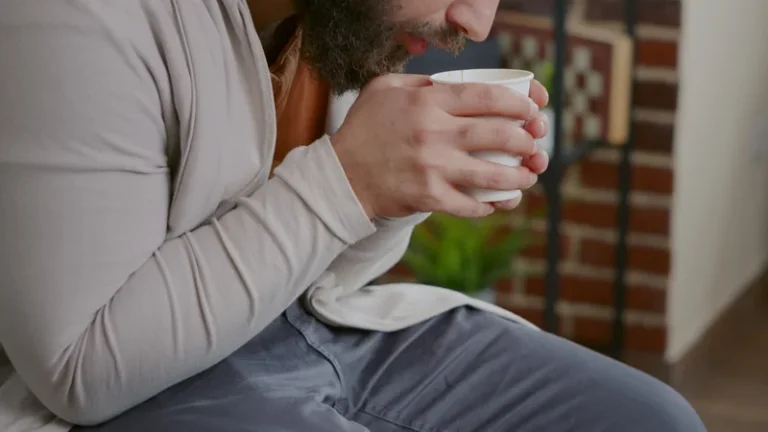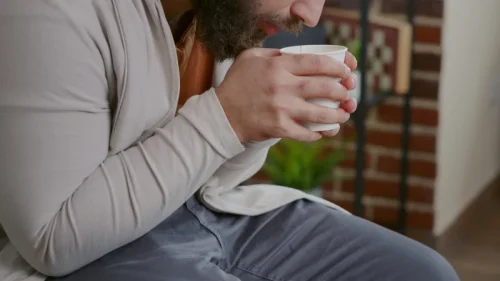
You’ll also want to consider things like your height, weight, age, sex, BMI, metabolism, and exercise regimen. Occasional users typically eliminate THC faster than frequent or heavy users, who may have built-up levels in their fat cells. The most common reason a police officer pulls a car over is speeding.
How Long Does One Hit of Marijuana Stay in Your System?

Your metabolism and how you excrete substances greatly affect how long weed stays in your system. Your health, including your kidneys and liver, also plays a part in how how long does weed stay in your system fast THC is removed through urine and stool. For athletes and people who get tested for drugs often, knowing these timelines is key. The best way to pass a drug test is to not use cannabis at all. It changes based on how much and how often you use marijuana. After just one use, THC’s half-life is short, about 1-2 days.
What Affects How Long Cannabis Stays in Your System?

This knowledge not only helps in planning your consumption but also in preparing for any potential drug tests. The duration for which marijuana remains detectable in your system varies based on several factors, including your metabolism, frequency https://ecosoberhouse.com/article/how-to-stop-alcohol-shakes-tremors/ of consumption, and the type of test administered. The detection window that defines how long weed shows up on a drug test depends on many factors. Some drug tests, like the urine drug test, have specific cutoff levels for THC metabolites (for the urinalysis it’s 50 ng/mL), and people who have values above 50 will have a positive result.

WAYOFLEAF’S CHOICE – TOXIN RID HOME DETOX
- The normal detection window for smoking cannabis is three to seven days but this increases to up to 30 days for edibles.
- This knowledge aids in discussing cannabis use and its implications with patients, particularly in contexts of medical use, substance abuse, and drug testing protocols.
- Whether you’re prepping for a new job or just curious, it’s essential to know how your body processes and retains THC.
D-9 is responsible for the “high” sensations of euphoria, energy, focus, and relaxation we all look for. Each strain or type of cannabis plant contains a different ratio of THC to CBD to help balance everything out. Start these activities early, as sudden exercise might not help much. Saliva tests can find recent marijuana use, usually within hours. They’re best for quick checks, like roadside tests or places where safety is a big concern. However, there is marijuana addiction no reliable way to speed up the metabolism and excretion of THC.
Your liver eventually breaks down the rest of the stored THC. A study published in JAMA Network Open explores the effects of both recent and lifetime cannabis use on brain function during cognitive tasks. “It is possible that ADHD is a confounder, distorting the results between heavy cannabis use and impaired working memory, she added. “Young adults with ADHD are disproportionately represented among cannabis users. THC metabolites enter hair follicles through small blood vessels and become trapped in the hair shaft as it grows. Since hair grows at a relatively consistent rate, this method can provide a rough timeline of cannabis use over the past three months.


Antihistamines block the metabolites produced when THC breaks down in your body, which ends the effects of marijuana more quickly. We will start by looking at the different ways in which marijuana can be consumed and how much time it takes for the effects of marijuana to kick in can be affected. However, since multiple factors play a role in the consumption of marijuana and the impact it may have on your body, there is no one set answer to how long it remains in your system.
- Blood tests are more accurate for recent use but don’t last as long as urine tests.
- This reduces dramatically the amount that enters the bloodstream.
- This distinction is crucial for those trying to determine past versus recent cannabis use.
- Typically, THC is detectable for the least amount of time in saliva.
- THC detection times range anywhere from three days to three months after cannabis use.
- We are not responsible for the quality of services provided by institutions listed on our websites.
